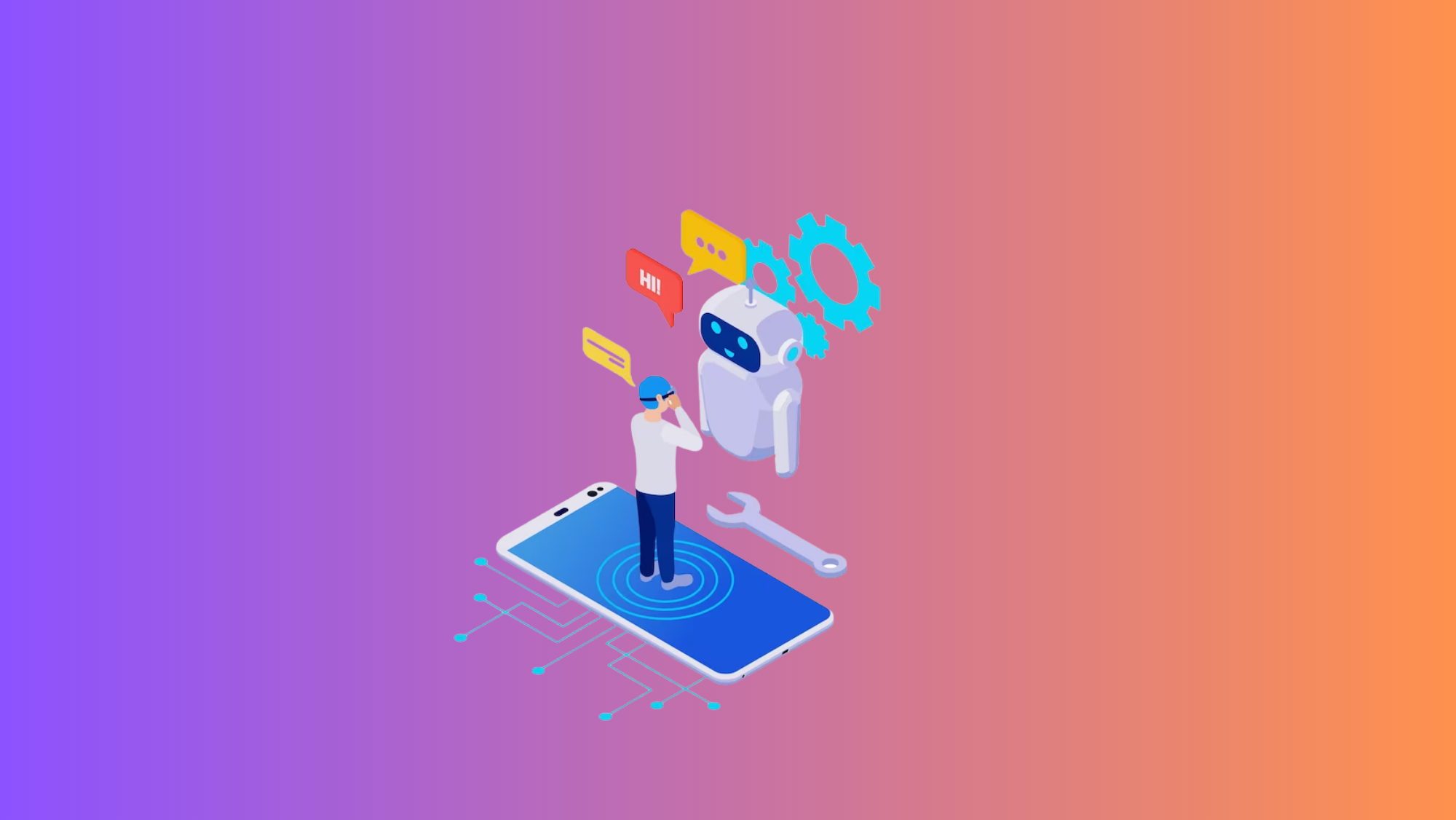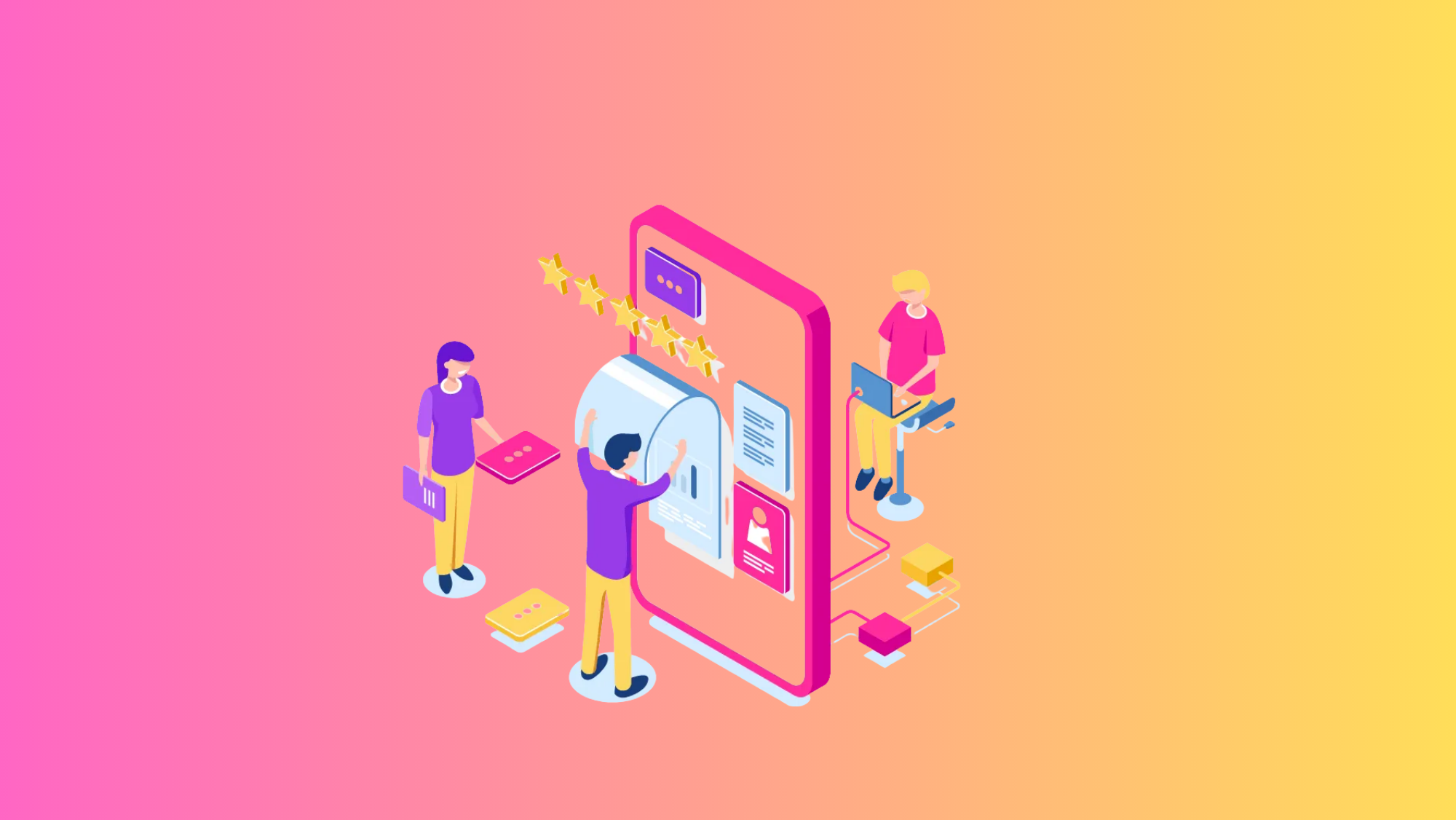Everything You Need to Know About Flutter Training
Introduction:
Flutter, developed by Google, is a powerful framework for building cross-platform mobile applications. With Flutter, developers can write a single codebase that works seamlessly on both iOS and Android platforms, reducing development time and effort. It offers customizable UI/UX components, hot-reload for instant code changes, and optimized performance. Flutter's popularity has soared due to its ability to streamline app development and deliver exceptional user experiences across multiple platforms.
Why is Flutter Training Is Important?
1. Cross-platform Development Made Easy: Traditionally, developing mobile apps for multiple platforms required separate teams and codebases, resulting in increased development time and costs. Flutter simplifies this process by enabling developers to write a single codebase that works seamlessly on both iOS and Android platforms. This means that with Flutter training, developers can efficiently build high-quality mobile apps for multiple platforms, significantly reducing development time and effort.
2. Enhanced Productivity and Efficiency: Flutter's hot-reload feature allows developers to instantly see the changes made in the code, making the development process faster and more iterative. This feature eliminates the need for time-consuming recompilation and allows developers to experiment, fix bugs, and refine their apps in real-time. With Flutter training, developers can harness the power of hot-reload to enhance their productivity and create polished applications more efficiently.
3. Rich and Customizable UI/UX: User Interface (UI) and User Experience (UX) are crucial aspects of any successful mobile application. Flutter provides a wide range of customizable widgets and pre-designed templates, making it easier to create stunning and consistent UI designs. Whether it's implementing complex animations, responsive layouts, or engaging transitions, Flutter's flexible framework equips developers with the tools they need to create visually appealing and user-friendly apps. Flutter training ensures developers are equipped with the skills to deliver exceptional UI/UX experiences.
4. Performance Optimization: Mobile app performance is a critical factor in user satisfaction. Flutter's architecture utilizes a highly optimized rendering engine called Skia, which enables smooth and responsive user interfaces. Additionally, Flutter's "Ahead-of-Time" (AOT) compilation and "Just-in-Time" (JIT) compilation techniques contribute to faster app startup times and reduced lag. Flutter training equips developers with the knowledge and techniques to optimize their app's performance, resulting in a seamless and responsive user experience.
5. Strong Community and Support: Flutter has gained significant traction in the development community since its launch. It has a large and active community of developers who contribute libraries, packages, and resources to enhance the capabilities of the framework. By undergoing Flutter training, developers gain access to this vibrant community, enabling them to seek support, collaborate, and stay up-to-date with the latest trends and best practices.
Flutter Career Opportunities:
1. High Demand for Flutter Developers: With its ability to build applications that run seamlessly on both iOS and Android platforms, Flutter has gained immense popularity. This has led to a surge in demand for skilled Flutter developers. Startups, established companies, and tech giants are actively seeking professionals who can leverage Flutter's cross-platform capabilities to deliver cutting-edge mobile apps. The demand for Flutter developers is expected to continue growing as more businesses embrace cross-platform development.

Read More: 10 Key Skills You'll Learn In Flutter Course |
2. Cross-Platform Expertise: One of the key advantages of Flutter is its cross-platform capabilities. By learning Flutter, developers gain expertise in creating mobile applications with a single codebase that works flawlessly on both iOS and Android. This specialization in cross-platform development sets Flutter developers apart from their counterparts who are limited to platform-specific frameworks. It opens up a wide range of opportunities across industries, allowing developers to work on diverse projects and cater to a larger user base.
3. Versatility and Flexibility: Flutter's versatility extends beyond mobile app development. Flutter can be used for web and desktop app development as well. With Flutter for Web and Flutter for Desktop, developers can leverage their existing Flutter skills to build applications for different platforms, expanding their career options. This versatility enables Flutter developers to adapt to changing market demands and work on a variety of projects across multiple platforms.
4. Growing Flutter Community: Flutter has fostered a vibrant and supportive community of developers worldwide. This community contributes to the growth and evolution of Flutter by creating packages, libraries, and resources that enhance the framework's capabilities. Engaging with this community allows developers to network, learn from experienced professionals, collaborate on open-source projects, and stay updated on the latest trends and best practices. The active Flutter community provides a valuable resource for professional growth and learning.
5. Entrepreneurial Opportunities: Flutter's cross-platform nature empowers developers to turn their app ideas into reality more efficiently. With Flutter, developers can build and launch apps on multiple platforms simultaneously, reducing time-to-market and development costs. This opens up opportunities for entrepreneurial ventures, allowing developers to create their own startups or independent app development businesses. Flutter's robust features and broad market appeal provide a solid foundation for aspiring entrepreneurs to bring their ideas to life.
Prerequisites For Flutter Training:
1. Familiarity with Object-Oriented Programming (OOP): A solid understanding of Object-Oriented Programming (OOP) concepts is crucial for
mastering Flutter. Concepts like classes, objects, inheritance, encapsulation, and polymorphism are fundamental building blocks in Flutter development. If you're new to OOP, it's recommended to gain proficiency in a programming language that supports OOP principles, such as Java, C++, or Python. This foundation will help you grasp Flutter's structure and architecture more effectively.
2. Proficiency in a Programming Language: While Flutter primarily uses Dart as its programming language, having prior experience with other programming languages is advantageous. Dart is a relatively easy-to-learn language with similarities to JavaScript and Java. If you already have experience with JavaScript or Java, transitioning to Dart will be smoother. However, even if you're new to programming, Flutter training can still be an excellent starting point, as Dart is designed to be beginner-friendly.
3. Understanding of Software Development Concepts: To make the most of Flutter training, it's beneficial to have a solid understanding of software development concepts, such as variables, data types, control structures (loops and conditionals), functions, and debugging techniques. These foundational concepts are transferable across programming languages and form the basis for building applications. Familiarity with these concepts will enable you to grasp Flutter's syntax and concepts more efficiently.
4. Knowledge of Mobile App Development: While not mandatory, prior experience or knowledge of mobile app development concepts will give you a head start in learning Flutter. Understanding the basics of mobile app development, such as UI/UX design principles, app lifecycle, and navigation concepts, will help you transition smoothly into Flutter development. If you have experience with other mobile app development frameworks like Android or iOS, you'll find parallels in Flutter's development approach.
5. Learning Resources and Documentation: Having access to comprehensive learning resources and official documentation is essential for effective Flutter training. Google provides extensive documentation, tutorials, and sample code on the Flutter website. Additionally, online platforms like Flutter.dev, Udemy, and YouTube offer a wide range of tutorials, courses, and community-driven content to support your learning journey. Familiarize yourself with these resources to enhance your understanding and accelerate your progress in Flutter development.
Conclusion:
Flutter, Google's cross-platform mobile development framework, has revolutionized the app development landscape. With its ability to create stunning, high-performance applications for iOS, Android, and even the web, Flutter offers exciting possibilities for developers. Its growing community, extensive documentation, and robust features make it a valuable skill to master, opening doors to diverse career opportunities in mobile app development. Embracing Flutter is a pathway to building innovative, user-friendly applications in a rapidly evolving digital world.
You May Also Like
These Related Stories

10 Key Skills You'll Learn In Flutter Course

Flutter for Beginners: Kickstart Your App Development Journey



No Comments Yet
Let us know what you think